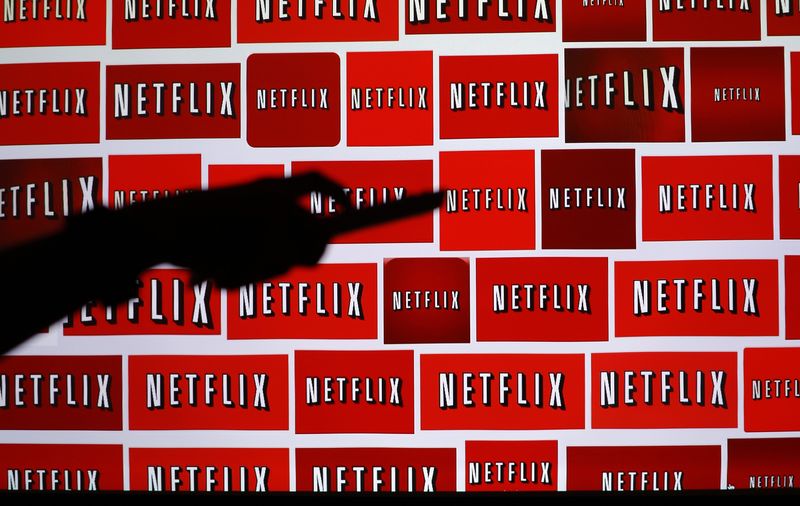By Tenzin Pema and Devika Krishna Kumar
(Reuters) - Video streaming pioneer Netflix Inc (NASDAQ:NFLX) will continue to dominate the online TV market, analysts said, as a growing number of original shows help the company win viewers internationally and increase its base in the United States.
At least 22 brokerages raised their price targets on the stock by $25-$500 after Netflix, home to the Emmy-winning "House of Cards" show, reported a higher-than-expected jump in first-quarter subscriber additions.
The stock was up 12 percent at $532 on the Nasdaq in early morning trading on Thursday.
Netflix, which turned to international markets to make up for slowing growth in the United States, launched services in Australia and New Zealand in the quarter ended March 31 and plans to be in Japan later this year.
The company expects to be present in 200 countries in the next two years, up from 50 now.
"This is aggressive but possible, with the rapid proliferation of connected devices and broadband internet connectivity," BMO Capital Markets analysts wrote in a note.
Nearly one in every three Netflix viewer is already from outside the United States.
Analysts expect the increased reach to translate into higher margins and purchasing clout with content providers.
"Netflix's broad distribution and inherent two-way communication allow it to learn what content people in any given market like faster than any other company," Pacific Crest analyst Andy Hargreaves said.
Original shows such as sitcom "Unbreakable Kimmy Schmidt" and thriller–drama series "Bloodline" have helped Netflix fend off competition from Time Warner Inc (NYSE:TWX)'s HBO, Amazon (NASDAQ:AMZN).com and Hulu.
Subscribers in the United States love the Netflix service more than television itself, FBR Capital Markets analysts said, citing a survey of over 2,000 consumers representing key demographic categories.
They hiked their price target on the stock to $900 — nearly double its Wednesday close of $475.46.

Netflix shares should trade at $77.09, according to Thomson Reuters StarMine's intrinsic valuation model, which takes analysts' five-year estimates and models a long-term growth trajectory.